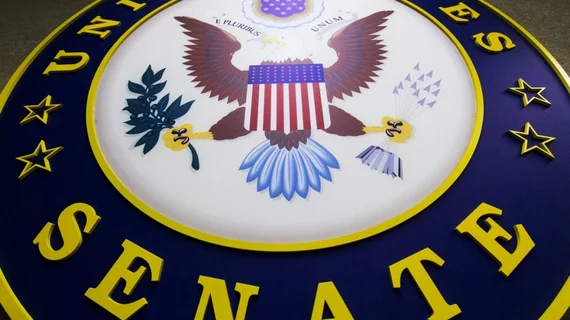Legislation to permanently repeal medical device tax introduced in Senate
More than seven months after the U.S. House of Representatives voted to permanently repeal the country’s medical device tax, bipartisan legislation to accomplish the same goal has been introduced in the U.S. Senate. The bill was introduced Thursday, March 7, by Senators Pat Toomey (R-Pa.) and Amy Klobuchar (D-Minn.).
“The specter of the re-imposition of the punitive medical device tax threatens patients, American jobs, and medical innovation,” Sen. Toomey said in a prepared statement. “It's time to end this uncertainty once and for all and finally repeal the medical device tax. I urge my colleagues to join this bipartisan effort.”
The 2.3 percent tax returned at the beginning of 2018 after a two-year suspension, but was quickly suspended for another two years on Jan. 22. Without further action being taken, it would go back into effect in 2020.
In December 2018, a group of 12 U.S. governors wrote a letter to Senate Majority Leader Mitch McConnell and then-House Speaker Paul Ryan calling for the Senate to pass legislation repealing the tax.
Advocacy groups such as the Advanced Medical Technology Association (AdvaMed) Medical Imaging & Technology Alliance have also pushed for the tax to be permanently repealed.
“Today’s Senate action is the first step in ensuring continued American leadership of this vital industry,” Scott Whitaker, president and CEO of AdvaMed, said in a prepared statement. “We thank the bill’s lead sponsors, Sens. Pat Toomey and Amy Klobuchar, for their long-standing support of improving patient lives and medtech innovation. The broad bipartisan backing of this bill reflects members’ understanding of the negative impact on job creation, investment and patient care should this tax return, and the urgent need for repeal.”

